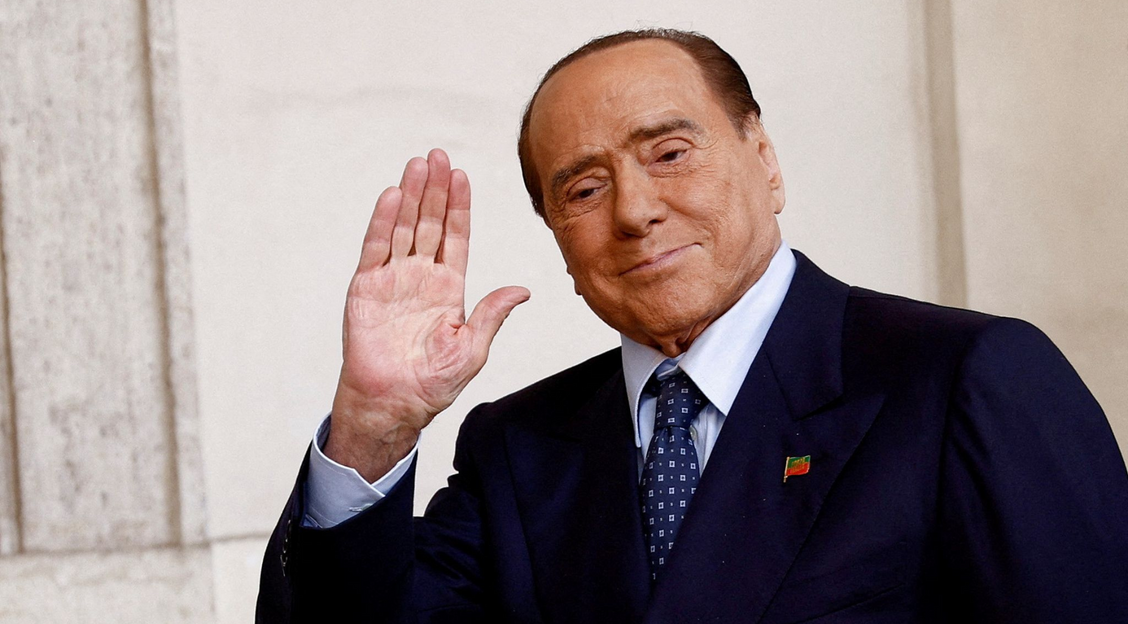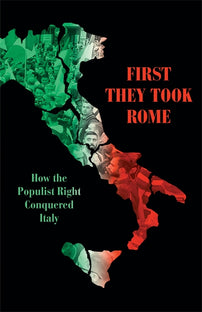Silvio Berlusconi: Recreating the Italian right around himself
How one media tycoon exploited the changing of the guard in 1990s Italy and fashioned the right in his own image

With the death of the forces that had dominated public life since 1945, mass-membership parties gave way to a series of ‘saviour’ figures from outside the world of politics, as judges, technocrats, and TV performers all promised to drain the swamp of corruption in Rome. The death of the First Republic was not an edifying spectacle – but it certainly was a spectacle. This was visible right from the opening act of its demise, the ‘Clean Hands’ trials that began in 1992. Exposing the web of kickbacks and embezzlement that had built up under the ancien régime, the trials turned the investigating judges into celebrities, as their cross-examination of leading politicians was beamed into Italians’ living rooms. Yet the effect was to feed a deep popular cynicism in political action itself.
Clean Hands began in 1992 not because of some sudden spike in corruption, so much as the destabilisation of Italian politics at the end of the Cold War. This largely owed to the dissolution of the Communist PCI in 1991, a development that had, at first, promised to lower the stakes of political combat. The perceived threat from the Communists – Italy’s second-most-powerful party – had long favoured elite connivance, serving both as an enemy to unite against and a reason for the other parties and their media outriders not to delve too deeply into each other’s affairs. However, the disappearance of this Communist bogeyman undermined the historic solidarity between Italian elites and parties like the Catholic DC and the soft-left PSI, which immediately came under intense scrutiny. But if the PCI’s historic rivals now felt freer to start throwing mud at one another, this did not leave public life any cleaner. Rather, the destruction of the old mass parties opened the way to forces that even more blatantly conflated public and private interests.
This was epitomised by media tycoon Silvio Berlusconi, who entered the political stage in 1994. His project was to recreate the Right around his own person, while also exploiting the wider atmosphere of deregulation and liberalisation. He galvanized his base with vehement attacks on ‘Reds’ and ‘communists’ – the centre-left in turn denounced Berlusconi’s vulgar personal conduct and debasement of public life. Yet many of their ideological assumptions were surprisingly similar. In 1991, the Communist Party had, as if apologetically, changed its name to Democratic Party of the Left; the former adepts of Lenin and Antonio Gramsci soon styled themselves not as partisans of labour but as the aspiring managers of a lean, clean, and pro-business institutional machine. It would in coming years repeatedly lend its parliamentary support to technocratic administrations, even appointing unelected central bank administrators as ministers in its own governments. Under the powerful influence of the Communist and Socialist left, the Constitution promulgated in 1947 had declared Italy a ‘democratic republic founded on labour’ – putting an at least rhetorical emphasis on the interests of working people. In its liberalised, 1990s form, the centre-left instead altered the Constitution to entrench balanced budgets and sobriety in the public accounts.
The First Republic had been no golden age, and its ignominious downfall was no conspiracy. As journalist Marco Travaglio summarily put it, the trials which exposed Bribesville took place ‘because there had been a lot of bribes’. Yet, as Eric Hobsbawm said of the dissolution of the Communist Party, the effect of breaking up the mass parties was in many ways to ‘throw out the baby and keep the bathwater’, replacing corruption-ridden parties with personalised forces whose internal affairs were even more inscrutable. Far from strengthening Italian democracy, the destruction of the First Republic instead opened the way for a wholesale attack on the institutional and cultural inheritance of postwar Italy, from employment rights to anti-fascism and even the role of the Constitution itself. Indeed, the greater effect of the wave of anti-political sentiment was not to hand power back to ordinary citizens, but rather to prepare the way for reactionary, privatising, and even criminal forces able to exploit the void at the heart of public life. The ‘liberal revolution’ promised by the parties of the Second Republic would, in fact, prepare the perfect breeding ground for Lega Nord.
— Excerpted from First They Took Rome: How the Popular Right Conquered Italy by David Broder
[book-strip]

